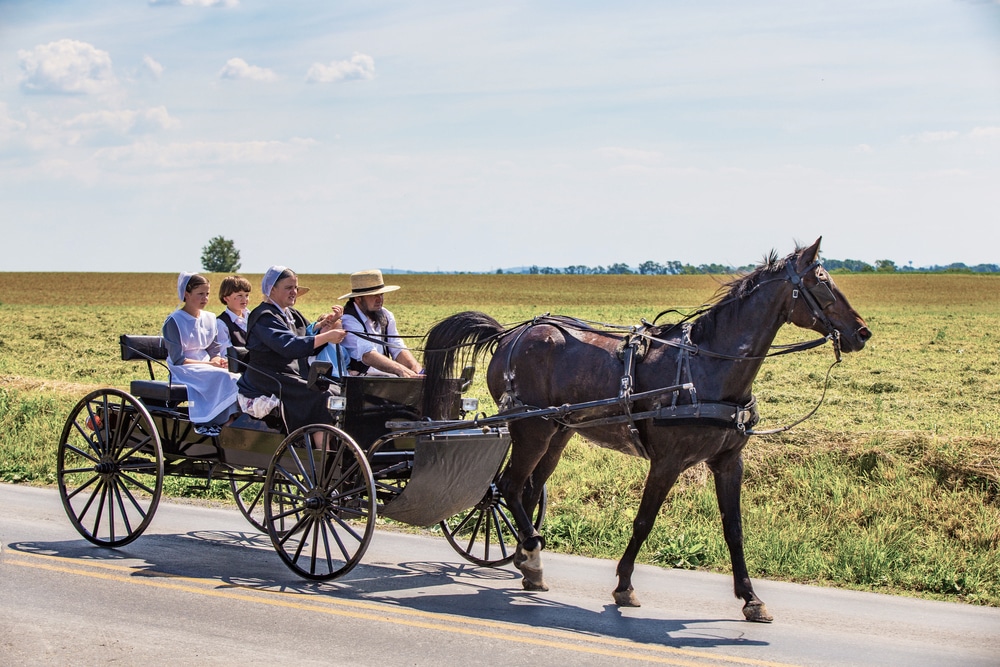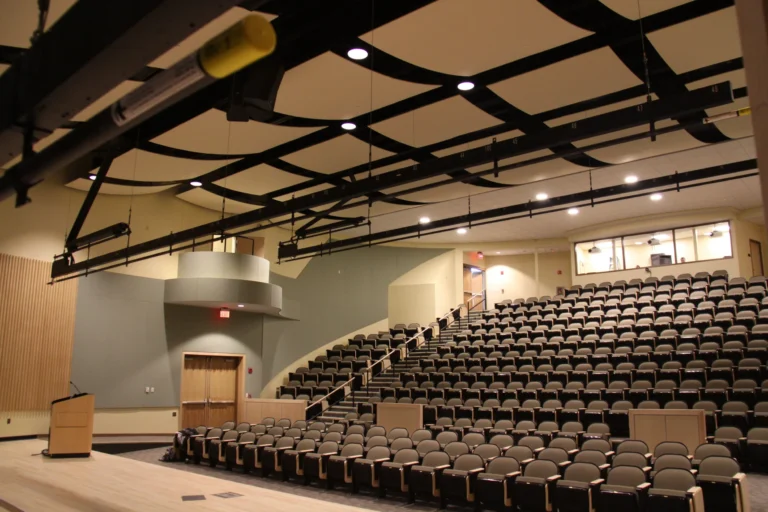Do Amish Pay Taxes in the US?
The Amish are often seen as a unique community that lives apart from mainstream American life. Their traditional clothing, horse-drawn buggies, and rejection of modern technology can make them seem disconnected from the country’s economic systems. This has led many people to ask an important question: do Amish pay taxes in the US? The short answer is yes, they do—but with a few important exceptions.
Understanding Amish Life and Beliefs
The Amish follow a faith-based lifestyle rooted in Christianity, simplicity, and separation from worldly influences. They avoid many modern conveniences such as electricity from public grids, cars, and certain forms of technology. However, they are not completely isolated. They operate farms, small businesses, and craft workshops that interact with the broader economy.
Because of these interactions, the question “do Amish pay taxes in the US” has a more complex answer than some might expect. They do pay many taxes, but their faith also allows for certain legal exemptions.
The Taxes Amish Do Pay
Despite common myths, Amish citizens are not completely free from taxes. They are required to meet several tax obligations just like other U.S. residents.
State and Federal Income Taxes
Amish workers, whether self-employed or working for an Amish-owned business, generally pay both state and federal income taxes. They file returns and report their earnings according to U.S. tax law. This means that in most cases, when people ask “do Amish pay taxes in the US”, the answer includes these regular income taxes.
Sales Taxes
When the Amish purchase goods or services that are subject to sales tax, they pay it just like anyone else. Whether it’s buying materials for building a barn or purchasing supplies for a small shop, sales tax is collected at the point of sale.
Real Estate and Property Taxes
Amish families often own farmland, houses, and other property. They pay real estate taxes to their local counties or municipalities. These taxes contribute to community services such as road maintenance and local infrastructure.
Public School Taxes
Even though Amish children typically attend private Amish-run schools, their families still pay property-based school taxes. These funds help support the public school system, even if their own children do not directly use it.
The Taxes Amish Are Exempt From
There are certain taxes the Amish are not required to pay, mainly related to Social Security and Medicare. This exemption stems from their religious belief in community self-reliance and mutual aid.
Social Security and Medicare Taxes
The Amish believe in taking care of their elderly and disabled within their community rather than relying on government programs. Because of this, they are exempt from paying Social Security and Medicare taxes, provided they meet specific requirements.
This exemption is not automatic—it requires the individual to sign a formal waiver with the IRS. Once exempt, they are also not eligible to receive Social Security or Medicare benefits later in life. This detail often surprises people researching do Amish pay taxes in the US.
Why These Exemptions Exist
The U.S. government recognizes religious freedom under the Constitution. For decades, federal laws have included provisions that allow certain religious groups, including the Amish, to opt out of programs that conflict with their beliefs. The idea is that as long as the group takes full responsibility for their own welfare and does not rely on government benefits, they should not be forced to contribute to those systems.
Misconceptions About Amish Taxes
Many people assume the Amish avoid all taxes, but this is far from the truth. In reality, they participate in a wide range of tax obligations. The only notable exception is the Social Security and Medicare programs, and even then, the exemption is tied to a firm commitment to never use those benefits.
It’s also worth noting that Amish businesses still have to comply with many other government rules, such as zoning laws, licensing requirements, and certain safety regulations. This further disproves the idea that they are “outside” the system.
Economic Contributions of the Amish
The Amish contribute to the U.S. economy in more ways than just paying taxes. They run farms that supply food, workshops that produce high-quality handcrafted goods, and businesses that employ both Amish and non-Amish workers. Their communities purchase materials, tools, and raw products from non-Amish suppliers, which also fuels local economies.
Additionally, Amish tourism—people visiting Amish areas to learn about their culture—generates significant revenue for nearby towns, adding to sales tax income.
Balancing Tradition and Legal Obligations
The Amish manage to uphold their religious values while meeting the legal requirements of living in the United States. Their selective participation in the tax system reflects a careful balance: they contribute where necessary but remain faithful to their principles where possible.
By paying property, income, and sales taxes, they support public infrastructure, education, and community services. By refusing Social Security and Medicare, they maintain a self-sustaining system of care within their own community.
Final Thoughts
So, do Amish pay taxes in the US? Absolutely. They pay most of the same taxes as any other citizen, including income, property, and sales taxes. The main difference is that they are legally exempt from Social Security and Medicare taxes due to their religious commitment to care for their own members without government aid.
This combination of contribution and exemption allows them to remain active participants in the American economy while staying true to their centuries-old traditions.






